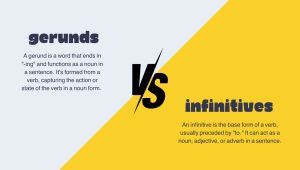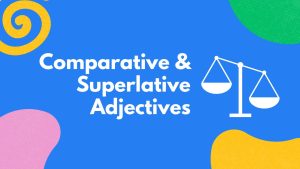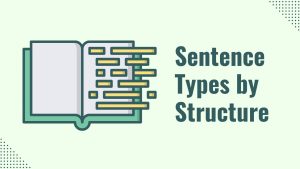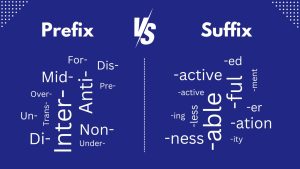What Is an Interjection?
What is an interjection? An interjection is a word we use to express emotions. For example, “Wow!” shows surprise or excitement.

What is an interjection? An interjection is a word we use to express emotions. For example, “Wow!” shows surprise or excitement.

“In,” “on,” and “at” are prepositions of time. Each one helps describe time and place to know exactly when and where things happen.

Adjectives follow a particular order. In this guide, we’ll explore the rules that help you place adjectives in the perfect order.

Contractions are short ways of writing two words as one. For example, “don’t” is short for “do not”. They make sentences sound more natural.

Nouns are the building blocks of language. They name everything: people, places, and ideas. Let’s look at the eight types of nouns.

Commas in English are like tiny breaks in a sentence, guiding readers through words. While often overlooked, commas play big roles.

Gerunds end in “-ing” and act like nouns. For example, “Swimming is fun.” Infinitives are the basic form of a verb and start with “to”.

Comparative adjectives show the difference between two things (like faster). Superlative adjectives help us see who’s at the top or bottom.

Today, we explore sentence structures, which range from simple to compound-complex. Sentence structures come in four main types.

A prefix comes before the root of the word like the “un-” in “unhappy”. Suffixes go at the end like “playful,” where “-ful” goes at the end.